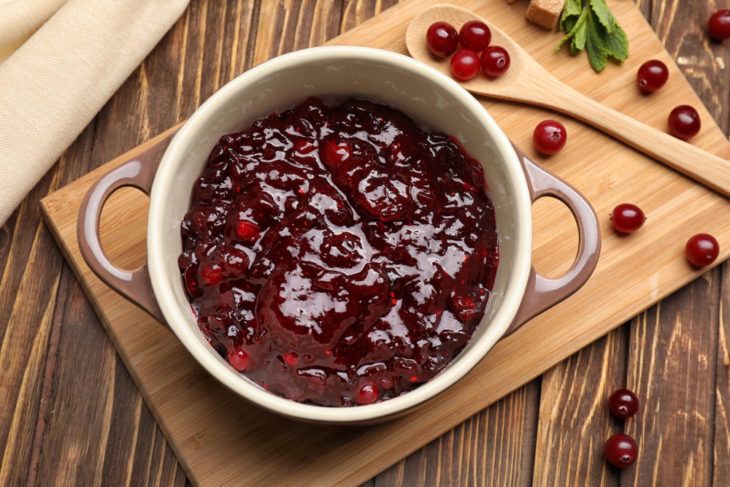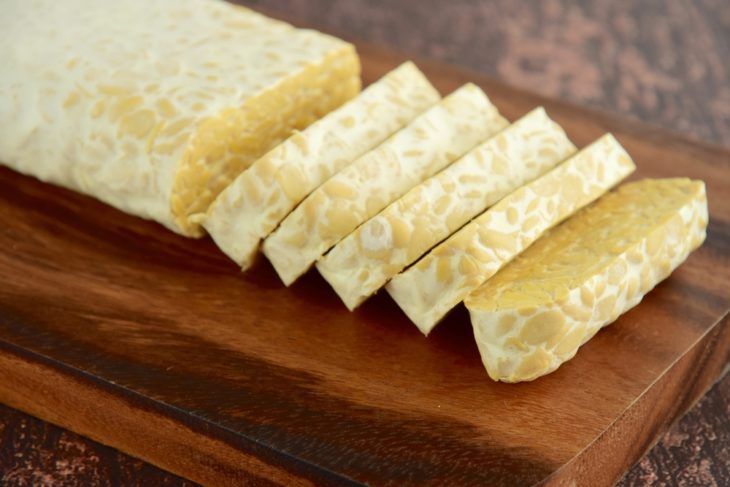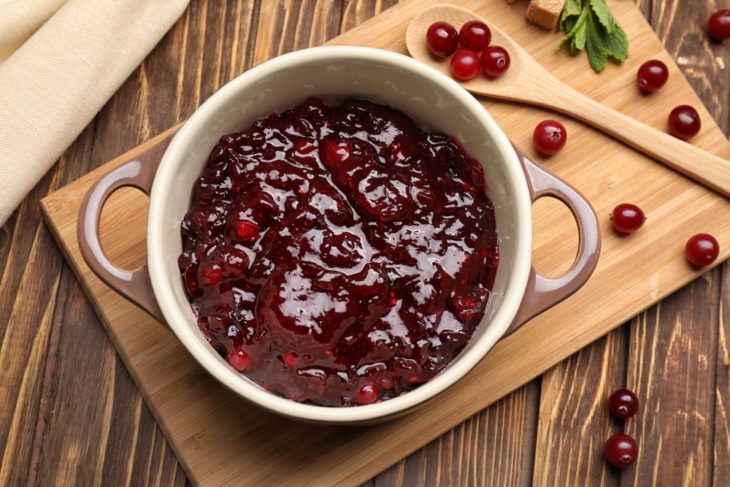
Despite the flack that holiday dishes get, many, or aspects of them, actually promote many health benefits.
In fact, believe it or not that cranberry sauce you slather over your turkey, not to mention the bird itself, both contain vital nutrients.
So why focus on the negative—the trans fats, excess calories, and high sodium—in traditional holiday fare. Let’s celebrate the positive health benefits of the following 10 festive favorites.
Cranberry Sauce
Whether you prefer the canned variety or fresh cranberry sauce made by your Nana, the cranberries that make up the base of this festive sauce are jam-packed with antioxidants, which protect the body against the effects of free radical damage. In fact, a cup of cranberry sauce contains high levels of anthocyanins, the antioxidant touted for reducing the risk of certain cancers, urinary tract infections, and heart issues.
Pumpkin Pie
Pumpkin—winter’s most celebrated squash—is incorporated into many Thanksgiving and Christmas dishes, and for good health reasons. Not only does the pumpkin in your favorite chili and pie contain a bounty of vitamin A, potassium, fiber, and iron, they also contain powerful plant pigments called carotenoids, which thwart age-related vision deterioration as well as heart disease.
Apple Cider
It turns out apples are good for more than your oral health. In fact, an apple a day will keep the doctor away when it comes to preventing heart disease, weight gain, and high cholesterol as long as you make your apple cider and pies with the skins intact. The skin, the most nutrient and fiber-rich part of this fruit, is rich in LDL-cholesterol and cancer-preventing flavonols.
Turkey
No one should call you a turkey for gobbling down a few slices of white or dark meat at Thanksgiving or Christmas, and incorporating your leftover bird in the week prior. Turkey is super high in tryptophan, an essential amino acid that encourages serotonin production. And this “feel good” hormone can ward off the winter blahs, improving mood, and promising a sound night’s slumber.
Cinnamon
Cinnamon goes in everything come winter in my household. I put it in morning oatmeal, I bake it into muffins, and I sprinkle it into my coffee. Little did I know that I’ve been improving my cardiovascular health in the process as well as warding off winter weight gain. Studies show that the sweet spice lowers body fat while promoting lean body mass!
Brussels Sprouts
If you happen to be like me, on the pro Brussels sprouts team, you also happen to be on the pro health team! These mini cabbages pack some pretty huge anti-cancer benefits, including sulforaphane, a compound that protects your cells. And, trust me, sautéing a bushel with olive oil and garlic will turn any non-believer into a fan.
Nutmeg
This zippy winter spice will certainly add health benefits to your holiday. How? Nutmeg contains antimicrobial properties that ward off tooth decay and the signs of aging. That’s why a generous sprinkle of this nutty spice should make its way into your Christmas cookies, fruitcake, casseroles, and hot mugs of cider.
Squash
Squash in chili, squash in salads, squash in stews, squash mashed—however you prepare it, winter squash is rich in beta-carotene, B-vitamins, iron, magnesium, and carotenoids, which protect you against cardiovascular diseases and certain types of cancer. Roasted, sautéed, or baked, squash is also low in fat, but high in fiber if you’re watching what you eat during the holidays.
Red Wine
You already know that red wine (drank in moderation) is good for your heart, but you might not know exactly why. The crimson vintage contains a healthful antioxidant called resveratrol, which keeps the arteries free and clear of harmful fatty buildup, increasing good HDL cholesterol and preventing cardiovascular disease. Just remember when sipping—it’s all about moderation.


